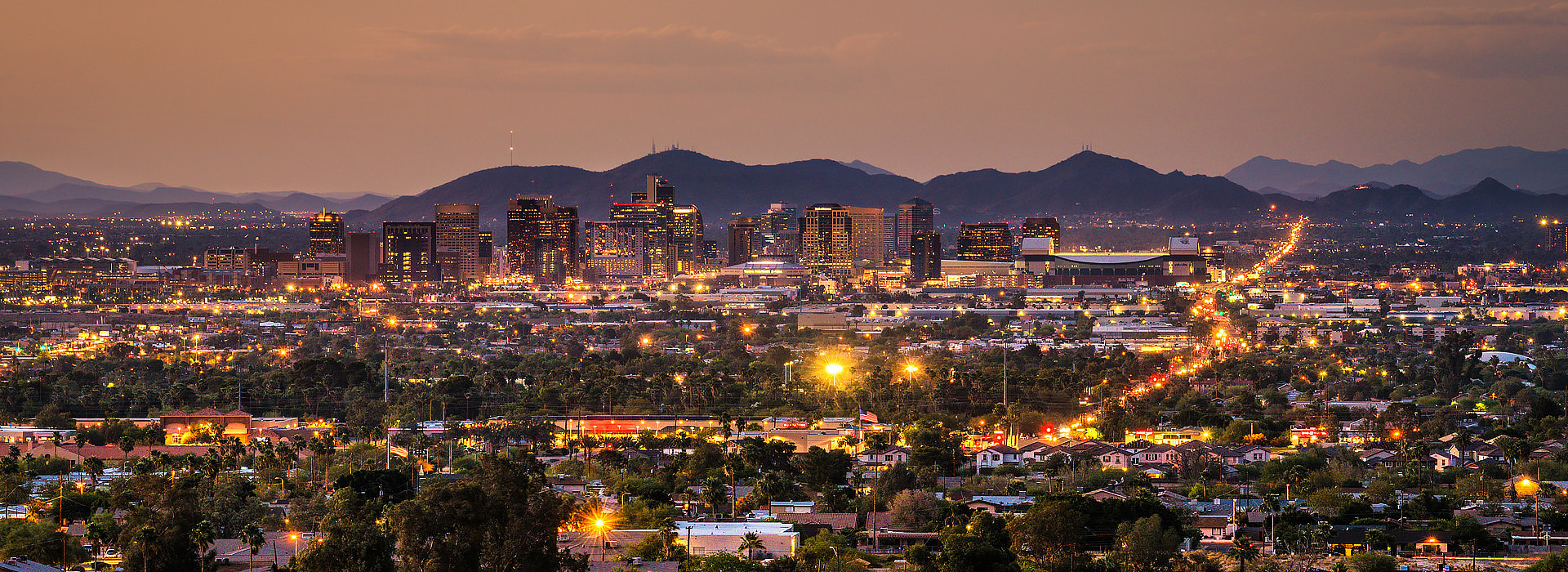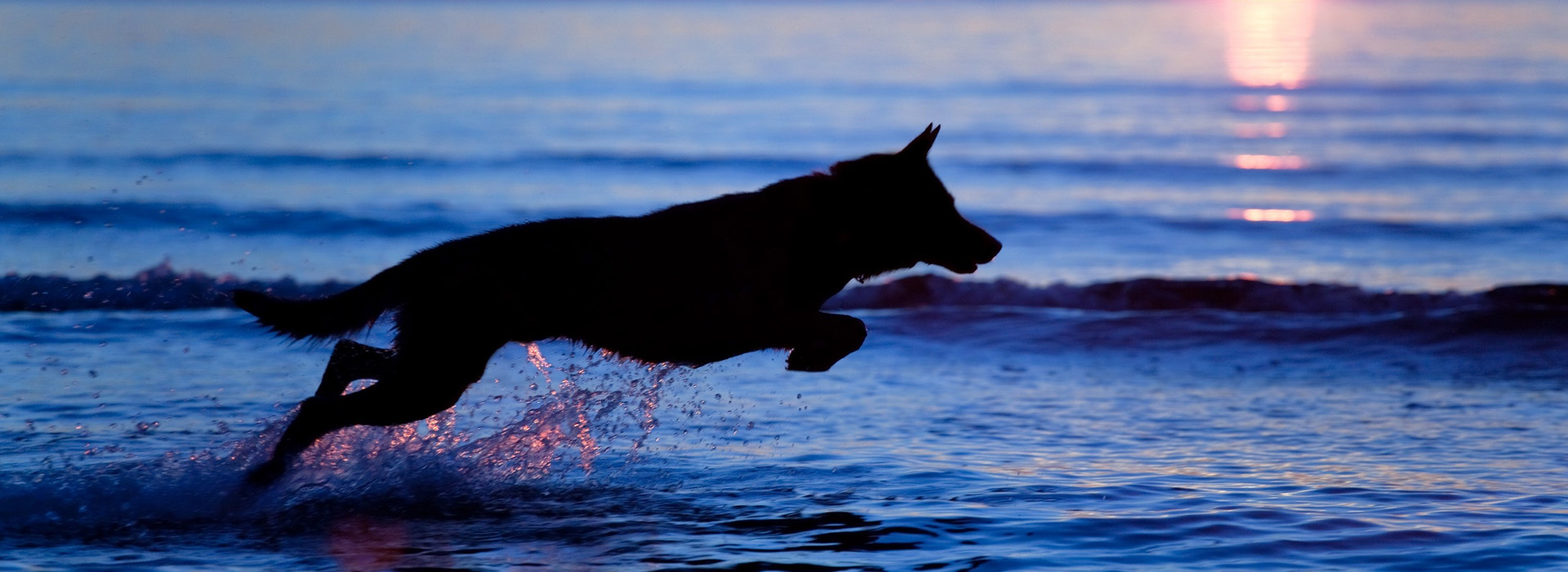Every year people are injured in slip and fall accidents. While a slip and fall accident can be hard to prove, it’s crucial that you recoup any damages that you incur as a result of your accident.
Proving Your Slip and Fall Accident
Thousands of people get injured every year as a result of slip and fall accidents. These slips are caused by either wet floors, stairs, defective stairs, or uneven ground. This can be caused by any number of things - liquid dripping on the floor, or the natural wear and tear of walking surfaces.
It might seem easy or fair just to blame a property owner for these things, but that’s not always the case. While we all have a responsibility to watch where we are going, pay attention to signs, and be aware of where we are placing our feet, there are times when a property owner can be held responsible for the upkeep of their property. Sometimes a property owner is responsible, and sometimes he or she is not.
There is no precise formula for determining if someone is legally responsible if you slip and fall, or if you were careless or unaware of the thing you slipped and fell on. There has to a level of responsibility that should be taken on both your part and the property owner. However, property owners do need to be careful in keeping up their property. Here are some general rules for determining if someone else was at fault for your slip and fall accident.
Liability in Slip and Fall Accident
In order for you to prove that someone else is legally responsible for your slip and fall accident, one of the following must be true:
- The property owner or an employee must have caused a spill, worn or torn floor or carpet spot, item, or other slippery or dangerous surface to be underfoot.
- The property owner or an employee must have been aware of the dangerous surface and yet did nothing about it.
- The property owner or an employee should have been aware of the dangerous surface because a “reasonable” person in charge of taking care of the property would have discovered the danger and taken precautions to remove or repair the situation.
While the third scenario is the most common, it is also the least clear-cut because of the idea that the property owner or employee should have known about the scenario. Often times a judge will determine if the property owner was careful by looking at if the owner took steps to keep the property safe.
“Reasonably”
Often times negligence claims hinge on the idea of a person acting “reasonably.” The law often concentrates on if the property owner has made regular and thorough efforts to maintain the safety of the property. Here are some questions that are weighed in determining this:
- If the person slipped and fell on a dangerous spot such as a torn, broken, or bulging area of carpet, floor, or ground, or slipped on a wet or loose area, had that dangerous spot been there long enough that a property owner should have been aware of it?
- Does the property owner regularly examine and clean or repair the property? Is there a set procedure for doing so? If so, does the owner have proof of this regular maintenance?
- If you slipped on an object someone had left or placed on the floor or ground, was there a legitimate reason the object was left or placed there?
- If at one time there had been a good reason for the object to be there but that reason no longer exists, could the object have been removed or covered to make the situation safe?
- Was there a safer place the object could have been placed, or could it have been left in the spot it was left in, but just in a safer manner without greater inconvenience or added expense for the property owner?
- Could a warning sign or barrier been created to prevent people from slipping or falling?
- Was poor lighting or broken lighting a contributing factor to the accident?
These are all considerations that must be asked before determining liability in these types of accidents. Still, if you have been injured in a slip and fall accident, you will also need to determine if you acted carelessly.
Acting Carelessly
If you have been injured in a slip and fall accident, you will also need to weight your own carelessness before considering if you want to pursue a lawsuit. Here are some questions to ask yourself:
- Did you have a legitimate reason (a reason that a property owner should have anticipated) for being where the dangerous area was?
- Would a careful person have noticed the dangerous area and avoided it? Would they have walked carefully enough to not slip or fall?
- Were there any warnings - such as posted signs - that the spot might be dangerous?
- Were you doing anything that distracted you (texting, etc…) from paying attention to where you were going? Were you running, walking quickly, jumping, or acting in a way that would have made a slip and fall more likely?
While you won’t need to “prove” that you were careful, it’s important that you consider what you were doing and be able to describe it so that an insurance adjuster or lawyer will be able to understand that you were not acting carelessly when the accident happened.
Responsible Parties
In a slip and fall accident, the owner or possessor of the property can be found liable. If you’re going to bring a lawsuit against the owner of the property for your slip and fall accident you will need to understand who can be held responsible.
Commercial Property
In slip and fall accidents that happen on commercial property, there are often a number of people or entities that can and may be held responsible for someone’s injuries. To be found liable for a slip and fall accident that occurred on a commercial property, the owner/possessor of a store, restaurant, or other business, or an employee of the business:
- Must have caused dangerous condition: worn or torn carpet spot, or other slippery or dangerous surface or item, to be underfoot;
- Must have been aware of the dangerous surface but did nothing about it; or,
- Should have been aware of the dangerous surface because a “reasonable” person taking care of the property would have discovered, removed, or repaired it.
The third situation is common but is less clear-cut due to the idea that they “should have known” or have been aware of the dangerous condition. In these types of cases, liability is often determined by common sense. A court of law will determine whether the owner or possessor of the property was careful and took necessary steps to ensure the property was safe.
Residential Property
In residential settings, landlords may be held liable to tenants or third parties for slip and fall injuries that occur on rental property. For a landlord to be held responsible for a slip and fall injury, a tenant must prove:
- The landlord had control over the dangerous condition that caused the slip and fall;
- Repairing the dangerous condition would not have been difficult or unreasonably expensive;
- A serious injury could have been a consequence for not repairing the dangerous condition; and,
- The landlord’s failure to take reasonable steps to avoid any potential accident caused the slip and fall injury.
Government Property
Special rules apply if a slip and fall injury occurs on property owned by a local, state, or federal government entity. Often times government entities are shielded from liability by very stringent notice requirements and broad immunity provisions.
What To Do
If you have been in a slip and fall accident, here are the steps you should take:
- Report the accident to the property owner
- Get the name and information of any witnesses
- Take pictures as soon as possible
- Get medical treatment (if it is an extremely dangerous slip and fall this should be the first step)
- Hire a slip and fall attorney
- Make sure you are able to explain what happened to health care providers. You’ll want to make sure your medical records are consistent with what you tell an insurance company or a court of law.
- Fill out accident reports. To note: there is no law that requires you to do this, but oftentimes commercial property owners will ask that you do so. If you decide to do so, make sure you accurately describe your slip and fall accident.
- Do not give a recorded statement to an insurer. After reporting a slip and fall injury, you may receive a call or visit from an insurance adjuster asking you to give a tape-recorded statement to describe the accident. o law requires that you do this. And as a general rule, this will not help you if you do not have a slip and fall attorney. So bottom line: if you do not have a lawyer, you should not give a recorded statement.
- Attend any regularly scheduled medical treatment appointments
Working with a Slip and Fall Attorney
Slip and fall injuries can be difficult to prove because of the fact that oftentimes an accident can be ruled as simply an accident. But if you feel that your injury was caused by negligent actions of a property owner or possessor, then you should contact a slip and fall attorney that can help you build your case.
The attorneys at Personal Injury Attorneys PLLC have experience handling personal injury cases such as slip and fall accidents. They will help build a case to ensure you receive everything you need to recover from your specific accident.


